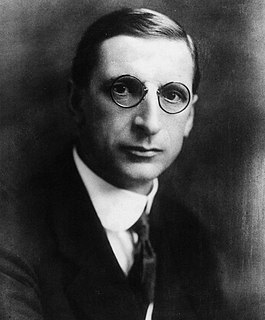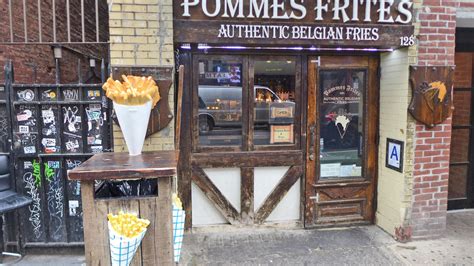A Quote by Norman Borlaug
Supplying food to sub-Saharan African countries is made very complex because of a lack of infrastructure.
Quote Topics
Related Quotes
The situation with children is not good in America, nor in other countries. It may be much worse in other countries. It is not just because of the lack of money. It is the lack of the awareness that children are very open, smart and knowing people when they are still very little. Afterwards they close down. Then they become like everyone and we have to work again to open up.
A number of African countries came to us and said, we request that South Africa should not field a candidate, because so many other African countries wanted to, and, in any case, South Africa would continue to play a role in terms of building the African Union, and so on. And they actually said, please don't field a candidate, and we didn't. As I have said, it is not because we didn't have people who are competent to serve in these positions.
Bad food is made without pride, by cooks who have no pride, and no love. Bad food is made by chefs who are indifferent, or who are trying to be everything to everybody, who are trying to please everyone... Bad food is fake food... food that shows fear and lack of confidence in people's ability to discern or to make decisions about their lives.
Bad food is made without pride, by cooks who have no pride, and no love. Bad food is made by chefs who are indifferent, or who are trying to be everything to everybody, who are trying to please everyone. Bad food is fake food, food that shows fear and lack of confidence in people's ability to discern or to make decisions about their lives.
Classic economic theories recognize public goods aspects of one kind or another - the need for economic intervention in, obviously, the supply of infrastructure and of education. We're not supplying that infrastructure at an appropriate rate today. I don't doubt it isn't just money; it's organization and goals and so forth.
For countries such as Kenya to emerge as economic powerhouses, they need better infrastructure: roads, ports, smart grids and power plants. Infrastructure is expensive, and takes a long time to build. In the meantime, hackers are building 'grassroots infrastructure,' using the mobile-phone system to build solutions that are ready for market.




































